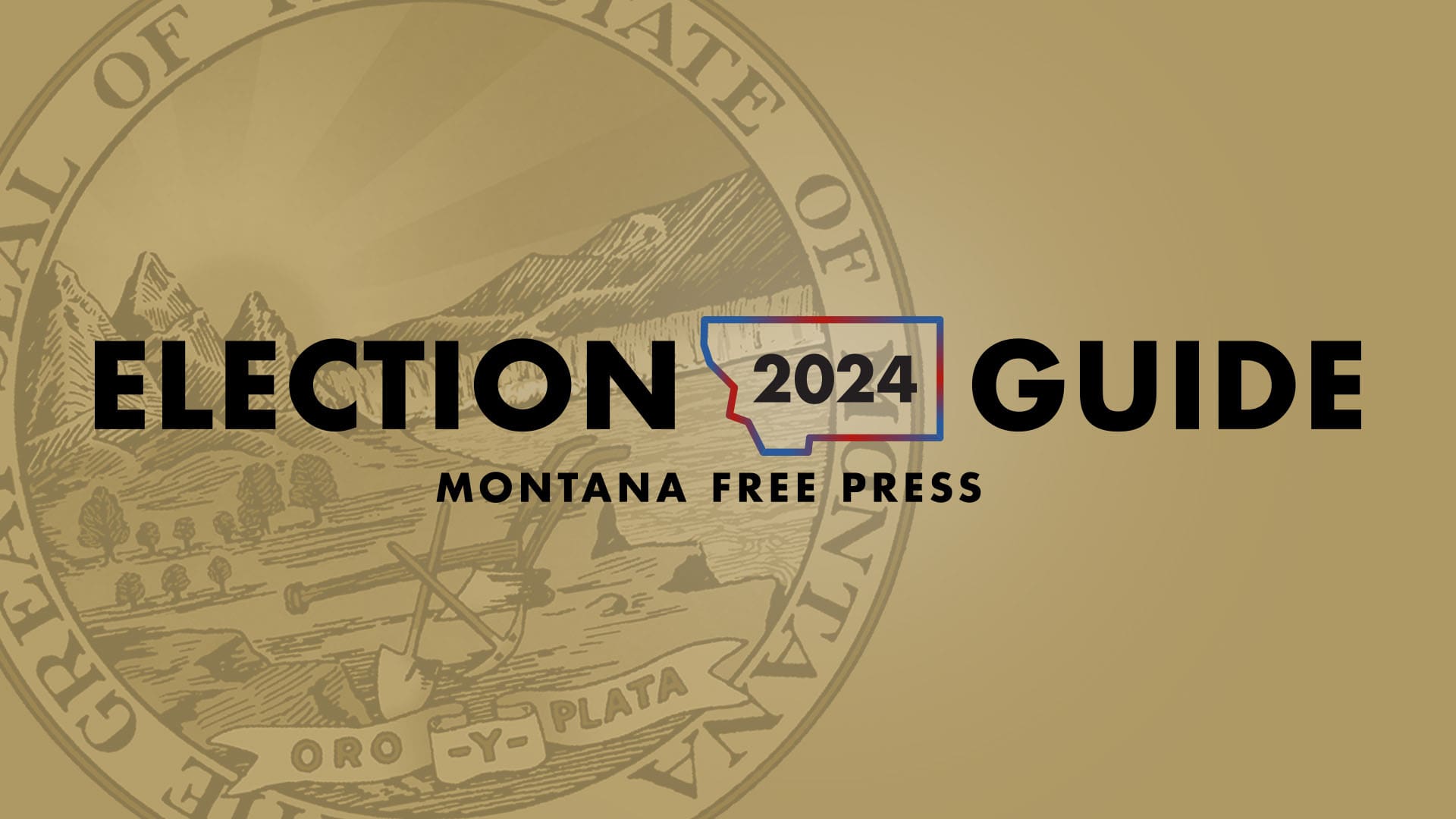Regulation
Cryptocurrency lobby targets anti-regulation contingent in Congress

This story is taken from Capitolized, a weekly newsletter featuring expert reporting, analysis and insights from Montana Free Press reporters and editors. Want to see Capitolized in your inbox every Thursday? Register here.
Shortly after the crypto crash of 2022, U.S. Senator Jon Tester summed up the lack of government oversight or Treasury support over digital currency this way:
U.S. Senator Jon Tester, Democrat of Montana, in his office in Washington, DC. Credit: John S. Adams / MTFP
“To me, it didn’t pass the smell test.” I couldn’t find anyone who could explain to me what there is other than synthetics, which doesn’t mean anything,” Tester said on Meet the Press on December 11, 2022. Cryptocurrency had started the year strong, but exited 2022 at a quarter of its January value.
“And the problem is if we regulate it, and I pointed this out to some regulators here a week or two ago, if we regulate it, it might give people the opportunity to think it’s real,” said the tester. said. “I’m not a regulator, nor a financier who regulates, but I don’t see any reason why this sort of thing should exist.”
Still desperate for the legitimacy that comes from regulation, the crypto lobby is now responding to skeptics in Congress. As Bloomberg reported last week, big crypto players have raised $160 million to target vulnerable lawmakers. Tester, as one of the most senior Democrats on the Senate Banking Committee, is a potential target. Committee Chairman Sherrod Brown, an Ohio Democrat, is another.
Federal election records show that crypto political action committee Fairshake spent $10 million to oppose Democratic Rep. Katie Porter’s Senate bid in California.
The tester’s recent crypto voting record has been favorable to the industry. In May, Tester joined Republicans, including Montana Sen. Steve Daines, to thwart a Securities and Exchange Commission advisory recommending banks record customer-held crypto assets as liabilities and emphasizing the need to disclose the boom-bust risk associated with the value of crypto.
As Bloomberg reports, crypto PACs do business in dollars, not cryptocurrency.

